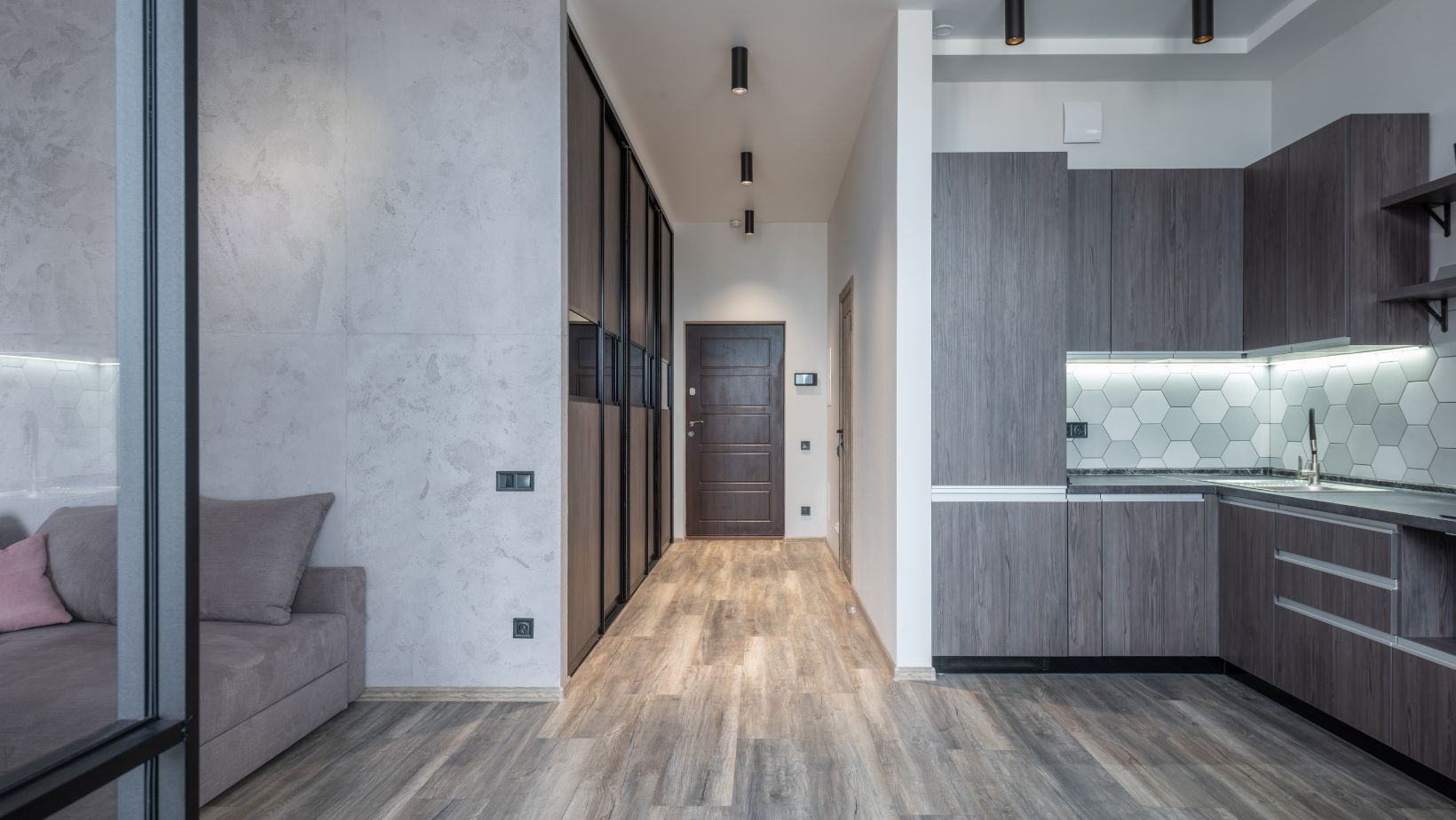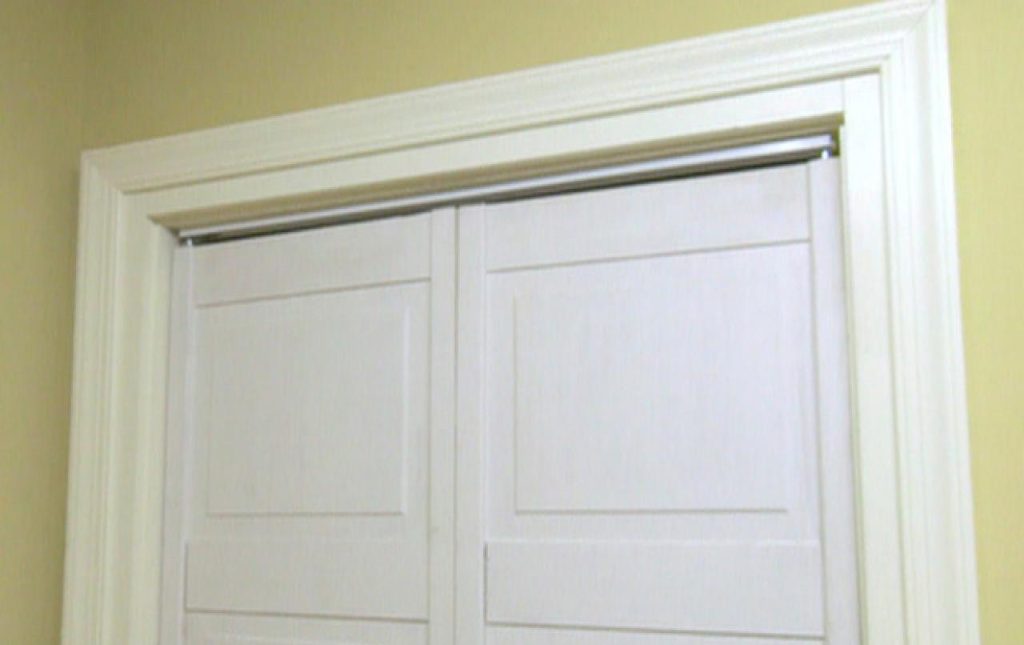

Closet doors not sliding smoothly? This frustrating issue can quickly turn a simple storage solution into a major annoyance. Fortunately, many causes of sliding door problems are easily addressed with DIY fixes. This thorough guide will walk you through a step-by-step process to diagnose and resolve common issues with closet doors not sliding smoothly. We’ll cover everything from the simplest lubrication solutions to potential structural problems. We will also delve into troubleshooting tips, providing you with the knowledge to determine and address the precise cause of your sliding door issue. This article will cover a variety of possible solutions and offer insightful advice on how to tackle this common household problem.
determineing the Root Cause
Understanding Common Issues
Many factors can contribute to closet doors not sliding smoothly. One frequent culprit is obstruction. Foreign objects like toys, shoes, or other debris can lodge themselves in the tracks, hindering smooth operation. Another common issue is inadequate lubrication. Dry, worn-out tracks often require a fresh coat of lubricant to ensure effortless movement. The structural integrity of the door itself also plays a function. A door that is not properly balanced or has warped components can interfere with smooth gliding. Proper diagnosis involves carefully inspecting the entire system, from the doors themselves to the tracks and the hardware, to pinpoint the exact cause of the problem.
Addressing Obstruction Problems
Related Post : Mattress Sagging Too Soon? Causes and How to Prevent It
Checking for Obstructions in the Tracks
The most common cause of a closet door not sliding smoothly is an obstruction in the track. Carefully inspect both the top and bottom tracks for any foreign objects, such as toys, tools, or other debris that might have found their way into the gliding mechanism. Use a flashlight or mirror to inspect hard-to-reach areas. Regular maintenance, like sweeping or vacuuming out the tracks, can help prevent obstructions from accumulating. If any objects are found, carefully remove them. This process is critical to ensuring that the door can move smoothly again.
Lubrication Solutions for Smoother Gliding
Choosing the Right Lubricant
Adequate lubrication is crucial for smooth door operation. A good choice is white lithium grease, which can withstand high temperatures and is suitable for many metallic surfaces. Avoid using oils or other lubricants that might attract dust or grime and make the problem worse. Apply a small amount of lubricant to the tracks, evenly distributing it along the entire length. Be mindful to avoid over-lubricating, which can also affect the performance of the doors. Test the door’s operation after applying the lubricant to ensure that the issue has been resolved.
Assessing Structural Issues
Ensuring Proper Balance and Alignment
In some cases, the problem might stem from a structural issue. Ensure that the doors are balanced correctly. Imbalance can cause uneven stress on the tracks, leading to friction and difficulty sliding. Check the door for any warps or damage that could be interfering with smooth movement. Using a level to check alignment can also be helpful. Alignment issues are often the reason for difficulties with opening and closing.
Advanced Troubleshooting Techniques
Exploring Hardware Replacement and Repairs
If the issues persist after addressing obstructions and lubrication, the problem might lie in worn-out or faulty hardware. Inspect the rollers, hinges, and other hardware components. Determine if any parts are damaged or require replacement. A worn-out roller, for instance, might not be rolling properly, which can contribute to the problem. This often requires a bit more skill and some tool knowledge to repair.
Q2: How can I tell if a closet door is not sliding smoothly due to lubrication?
A2: Check for sounds or noticeable resistance while sliding the door. If the door is sluggish or sounds scratchy, or feels rough, insufficient lubrication is likely the culprit. A simple inspection of the tracks for signs of dryness or debris can confirm this.
Q3: What kind of lubrication is optimal for closet doors?
A3: A good quality white lithium grease is often recommended for closet doors. This type of grease is resilient and able to withstand the stresses of repeated use and is less prone to attracting dust, making it a preferable choice.
Q4: When should I consider hiring a professional to repair my closet doors?
A4: If you’ve tried various troubleshooting steps and the issue persists, or if you lack the necessary tools or expertise to perform repairs yourself, hiring a professional handyman or carpenter specialized in home repairs is a worthwhile option. A professional can offer additional insights to further aid you in fixing the door properly.
In conclusion, troubleshooting closet doors that are not sliding smoothly involves a systematic approach. By checking for obstructions, lubricating the tracks, and addressing any structural issues, you can restore smooth operation to your closet doors. If the problem persists, seeking professional help from a qualified handyman or carpenter is always a viable option. Take the first step today and transform your frustrating closet door into a smooth-operating storage solution!